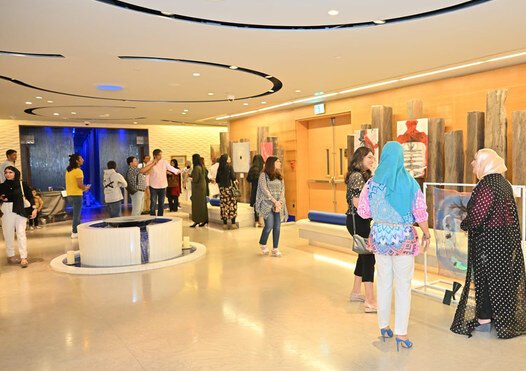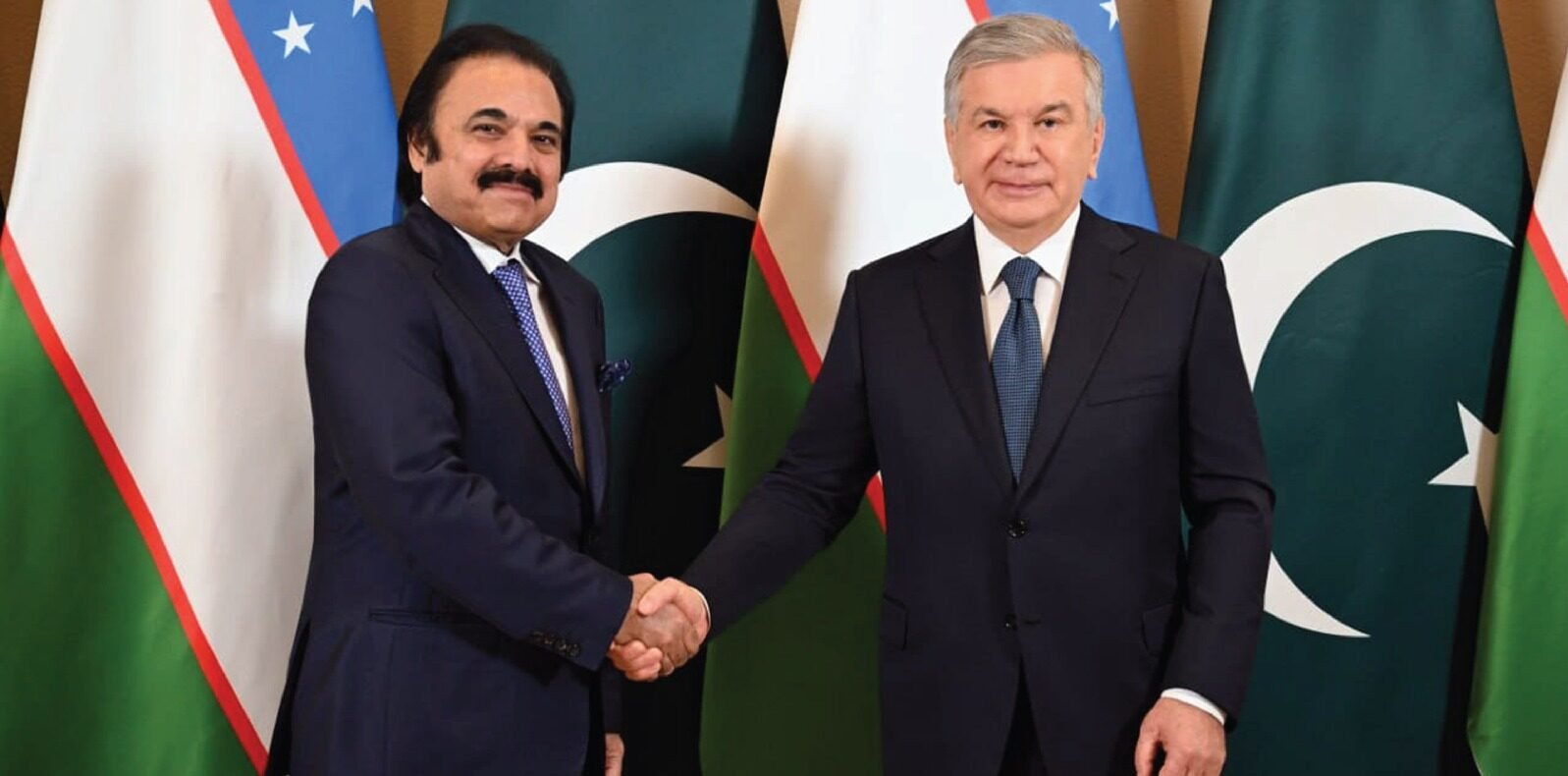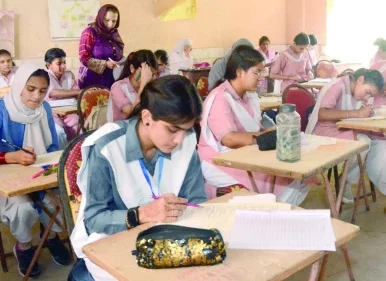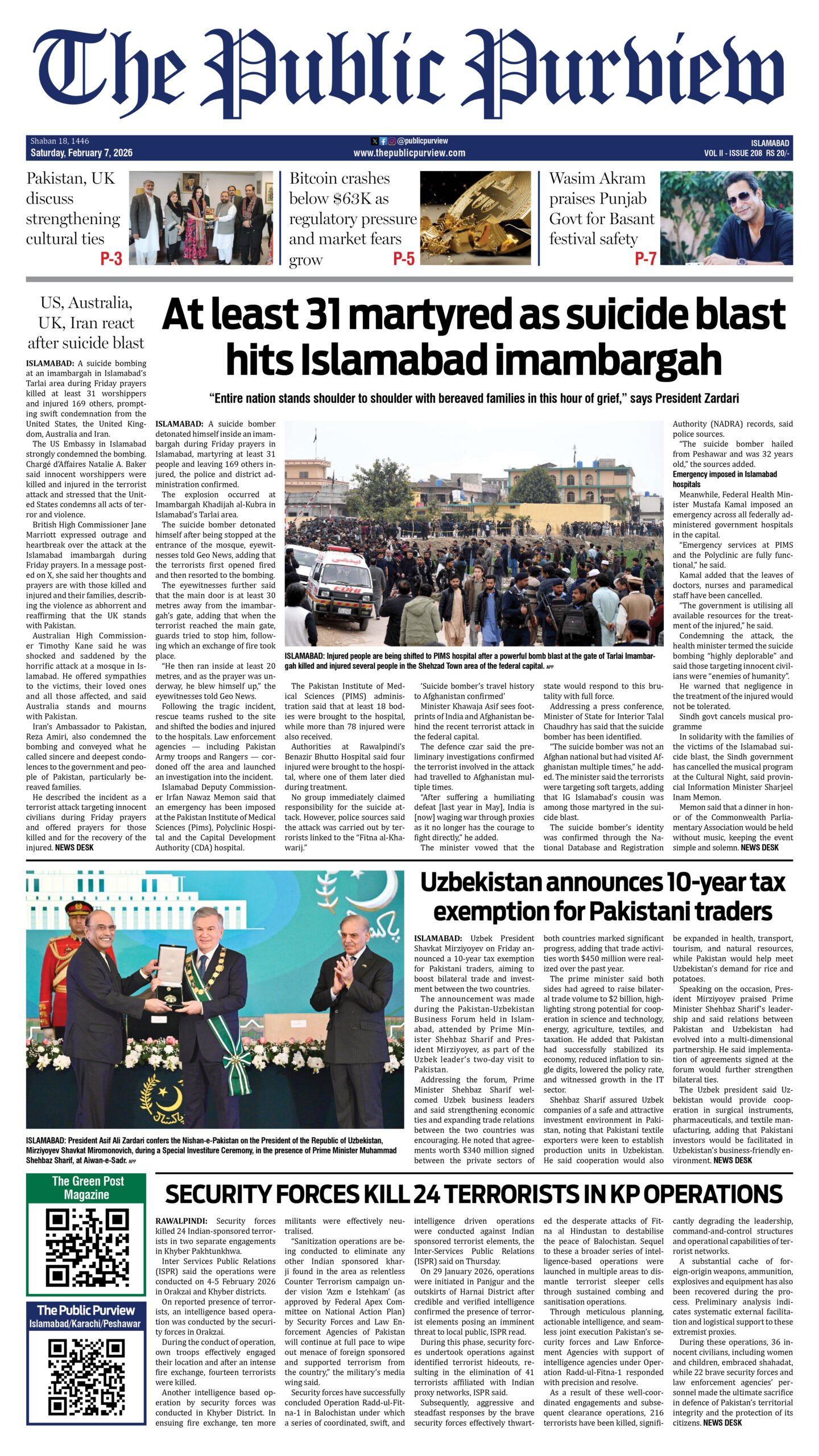Adviser to KP CM says Kurram will be cleared of weapons and bunkers as per Apex Committee decision
PESHAWAR: The Khyber Pakhtunkhwa government has said that any party that engages in aggression in Kurram district will be treated as terrorists after the existing bunkers are removed from the region.
Adviser to KP Chief Minister Barrister Muhammad Saif said on Friday that Kurram will be cleared of weapons and bunkers to ensure long-term peace in accordance with the decision of the Apex Committee.
Barrister Saif emphasized that both sides involved in the conflict were given 15 days to submit a detailed plan to surrender their weapons. In addition, there will be a strict ban on public display and use of weapons in Kurram. It will also be prohibited to raise funds for the purchase of weapons in the region.
According to an adviser to the KP CM, the construction of new bunkers is prohibited under the recently signed peace agreement. All existing bunkers must be dismantled within a month, after which any faction involved in hostilities will face strict action as terrorists.
He added that travel and security arrangements are in place for convoys heading to Kurram as part of the disarmament effort.
The district administration also confirmed that the main Peshawar-Parachinar highway will be reopened for convoys, with obstructions strictly prohibited.
The two warring tribes in Kurram finally reached a consensus and signed a peace deal on Thursday after several days of negotiations.
The agreement follows a grand jirga held in Kohat where 50 sessions were held to reach a consensus. All parties played a key role in the peace pact, which aims to restore stability to the conflict-torn region.
The agreement, containing 14 points aimed at bringing peace to the area as violence has plagued the restive territory for several weeks, was signed by 45 members from each side, Jirga member Malik Sawab Khan said.
The KP Apex Committee had last month decided to dismantle all private bunkers in Kurram district as part of efforts to restore peace in the region.
The Kurram Crisis
Kurram, a district of more than 600,000 people near Pakistan’s border with Afghanistan, has long been a hotbed of sectarian violence.
Despite several ceasefires announced in the past year, the issue has remained unresolved and tribal elders have continued to try to negotiate a permanent peace deal.
Tensions have escalated in recent months, with over 200 people killed in clashes since July.
The clashes, which erupted in November, worsened the humanitarian crisis in the district, where supplies of medicine and oxygen were running critically low due to the prolonged closure of the main road linking Parachinar to Peshawar.
Reports suggest that more than 100 children may have died due to a severe shortage of medicine, although Khyber Pakhtunkhwa government spokesman Barrister Saif denied the claims.
Apart from the ongoing meeting at the Parachinar Press Club, the road closures have sparked protests in Karachi that are now in their ninth day. A separate protest was held in Bagan in lower Kurram on Monday against the vandalism of shops and houses in the area.
Demonstrators demanded the reopening of roads and assistance to affected individuals. However, district administration officials cited security concerns, including recent shootings at private vehicles and tribal clashes, as the reason for the closure.
The area was declared a “hit disaster” by the provincial government, with authorities airlifting medical supplies into the area and evacuating people in critical need.
Emphasizing that consensus was reached on all major points, Barrister Saif said that the bunkers would be abolished and the area would be de-armed as per the decision of the Apex Committee.
He reaffirmed the government’s determination to achieve a permanent and sustainable solution to the conflict, which dates back more than a century.






 Today's E-Paper
Today's E-Paper